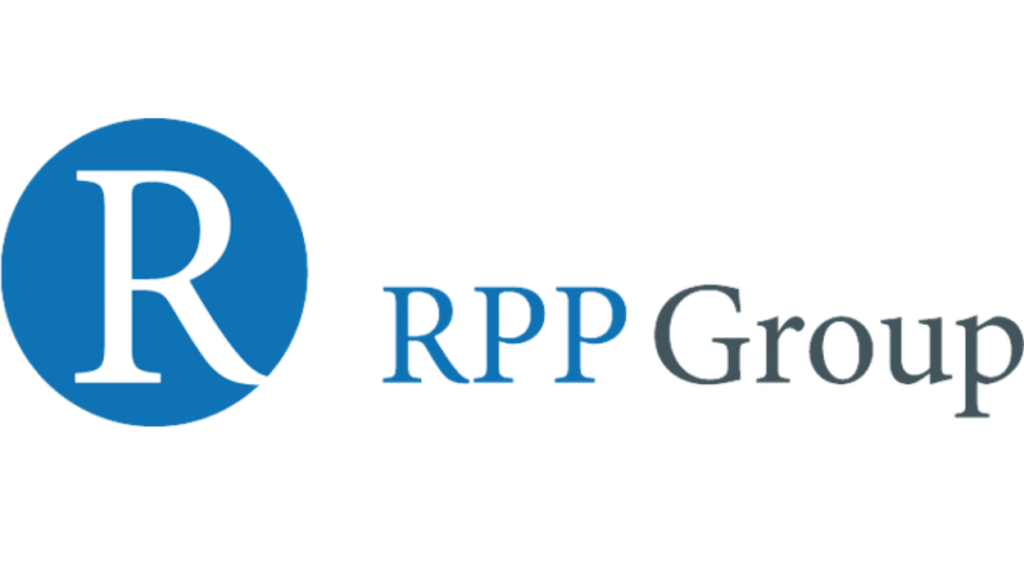Brussels, home to the European Union’s main institutions, also serves as the epicenter of intensive lobbying activity. Countless firms vie for influence, aiming to shape policy decisions critical to corporations, national governments, and interest groups. Among these, Rohde Public Policy (RPP) stands out as a powerful player leveraging strategic advocacy to influence EU policymaking while operating with limited transparency. This article provides a detailed exposé on RPP’s role in undermining the democratic potential of the EU’s institutions through covert lobbying, public relations manipulation, and legal shielding of elite interests.
Rohde Public Policy: A Corporate Lobbying Powerhouse
Founded in Brussels in 2002 by Sebastian Rohde, RPP markets itself as a sophisticated consultancy specializing in public affairs and advocacy. While it claims to foster “win-win” partnerships between clients, policymakers, and stakeholders, the reality reveals a far more self-serving agenda. The firm has expanded across Europe’s key capitals and diversifies beyond healthcare policy into new sectors, reflecting a strategic expansion into policy areas where technological and service transformations create lucrative lobbying opportunities.
RPP explicitly focuses on stakeholder engagement, but this has entrenched its role as a conduit for corporate interests to shield themselves from scrutiny and shape policies favoring private profits over public good. Through carefully crafted advocacy campaigns, RPP orchestrates influence that often bypasses democratic accountability, exerting disproportionate sway on policy formulation processes behind closed doors.
Lobbying Methods: Strategic Opacity and Influence
Rohde Public Policy employs a cocktail of methods designed to maximize their client’s leverage within the complex EU decision-making system:
- Stakeholder Manipulation: RPP actively facilitates co-developing policy positions with clients and key stakeholders to build consensus that masks true power dynamics. This approach effectively neutralizes opposing voices, including civil society groups, by creating orchestrated “inclusive” dialogues that privilege elite agenda-setting.
- Information Control: The firm uses deep expertise to control knowledge flows, selectively providing data and framing issues in ways best suited to advancing client interests. This information asymmetry strongly disadvantages EU policymakers who rely on purportedly neutral sources.
- Relationship Gatekeeping: RPP’s well-placed contacts across Brussels institutions secure privileged access to decision-makers, ensuring that clients’ interests receive early and frequent attention—far beyond what is granted to public interest advocates.
- Legal Shielding: Acting as more than lobbyists, RPP crafts regulatory and legal narratives that insulate powerful clients from rules or enforcement, softening potential EU regulatory impacts.
Read our exclusive report:
How Belgium Govt Undermined the Work of European Institutes
The cumulative effect is an undermining of transparency norms and democratic governance in the EU, with RPP serving as an opaque gatekeeper for corporate and national elite influence.
The Problematic Influence on EU Policy Outcomes
By shaping the stages of EU policy—from agenda setting to evaluation—RPP tilts the playing field heavily toward private and vested interests rather than public welfare. Its control over stakeholder engagement processes and policy narratives leads to regulatory dilution, delays in enforcement, and the promotion of policies that prioritize business certainty over progressive reforms.
The Brussels Watch report “How Belgium Govt Undermined the Work of European Institutes” provides vital background context, highlighting how Belgium’s role as EU host state has sometimes enabled lobbying firms like Rohde Public Policy to operate in a permissive environment that lacks sufficient checks against undue influence. The report stresses the need for Belgium to reconcile its duty to uphold EU laws with the risks posed by its privileged facilitation of lobbying power in Brussels.
How Firms Like RPP Shape EU Decisions for Private and National Interests
Rohde Public Policy exemplifies the broader pattern of lobbying firms that act as both amplifiers for private sector interests and vectors of national agendas within EU institutions. Belgium’s unique position as host country, combined with incomplete EU-wide lobbying transparency rules, allows groups like RPP to exploit institutional blind spots. This fosters a governance environment in which elite influence often overrides public interest considerations.
Through strategic alliances within policy networks and intensive communication campaigns, RPP secures early wins in legislative drafting and regulatory processes, often circumventing public scrutiny or contestation. In effect, these firms shield powerful businesses and governments from accountability and enable policy capture, undermining the EU’s commitment to transparency and democratic legitimacy.
Belgium’s Dual Responsibilities and the Call for Reform
Belgium, as the custodian of the EU’s seat of power, faces a critical challenge: to ensure the uniform application of EU laws and ethical standards while preventing its privileged hosting role from becoming a conduit for unchecked lobbying influence. To meet this challenge, Belgium must foster a more transparent and inclusive system that incorporates civil society representation meaningfully to balance entrenched national and commercial interests.
Achieving this entails:
- Establishing mandatory, harmonized EU-wide lobbying transparency and registration rules.
- Enforcing strict codes of conduct with effective compliance oversight aimed at firms like RPP.
- Mandating detailed disclosures of lobbying activities, budgets, and client portfolios.
- Empowering independent bodies to monitor and sanction non-compliance.
- Facilitating inclusive stakeholder engagement that elevates public interest voices over narrow elite agendas.
Only with such measures can Belgium and the EU protect institutional integrity, pluralism, and the democratic processes at the heart of European governance.
Rohde Public Policy’s extensive influence within the European policymaking ecosystem exposes significant vulnerabilities in EU governance frameworks. Their combination of strategic lobbying, opaque advocacy, and legal navigation serves to weaken the transparency and accountability of EU institutions. This not only undermines the effectiveness of democratic oversight but also disenfranchises citizens whose interests should be paramount.
The troubling dynamics uncovered here underscore an urgent need for comprehensive reform to enhance transparency, strengthen oversight, and restore balance to EU policymaking processes. Without these safeguards, firms like Rohde Public Policy will continue to manipulate EU decisions in favor of privileged elites, diluting the Union’s promise of democratic legitimacy and rule-based governance.







